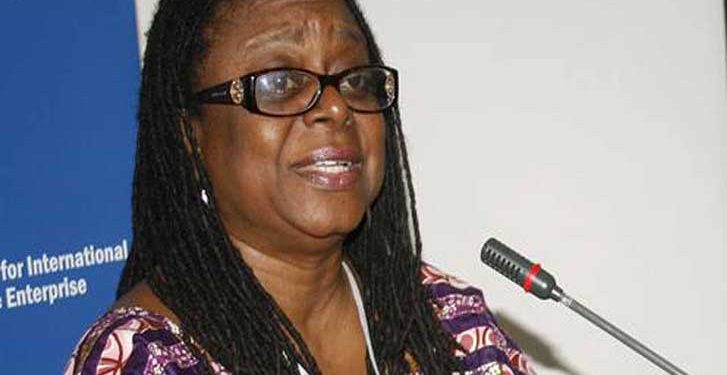The Lagos Chamber of Commerce and Industry (LCCI) revealed that Nigeria will experience improved GDP growth in the second and third quarters of the year 2021.
This was disclosed by LCCI President, Mrs Toki Mabogunje at a Press Briefing on Tuesday in Lagos.
Mabogunje stated that improved GDP growth would be a result of low base effects arising from the contraction of Q2 – 2020 and Q3 – 2020, citing improved economic activity in the non-oil sector, supported by higher oil prices and production.
She also added that Nigeria will experience a modest fall in inflation levels on account of the base effects associated with 2020’s price level.
“Accelerating the pace of recovery requires both fiscal and monetary policymakers to be well-coordinated in promoting growth-enhancing and confidence-building policies that would encourage private and foreign capital inflows into the economy,” she said.
She stated that Nigeria’s current growth estimates of 2.7% means the economic pace may be slow, however, development was not fast enough to create new opportunities to accommodate the rapidly growing population, urging for more economic reforms to boost growth.
- Agriculture demonstrated resilience in the first quarter amid heightening insecurity and lingering supply chain disruptions orchestrated by the pandemic.
- Manufacturing returned to positive growth trajectory after three consecutive quarterly contractions, partly supported by developmental finance intervention of the Central Bank of Nigeria.
- Sustained recovery in the construction and real estate sector, supported by improved activities of private and public sectors associated with the implementation of capital projects.
On boosting supply-side policies, she called on the CBN to scale up its intervention efforts and roll out more friendly supply-side policies to boost liquidity in the market, as it would “help to bolster investor confidence and attract foreign investment inflows into the economy.”










